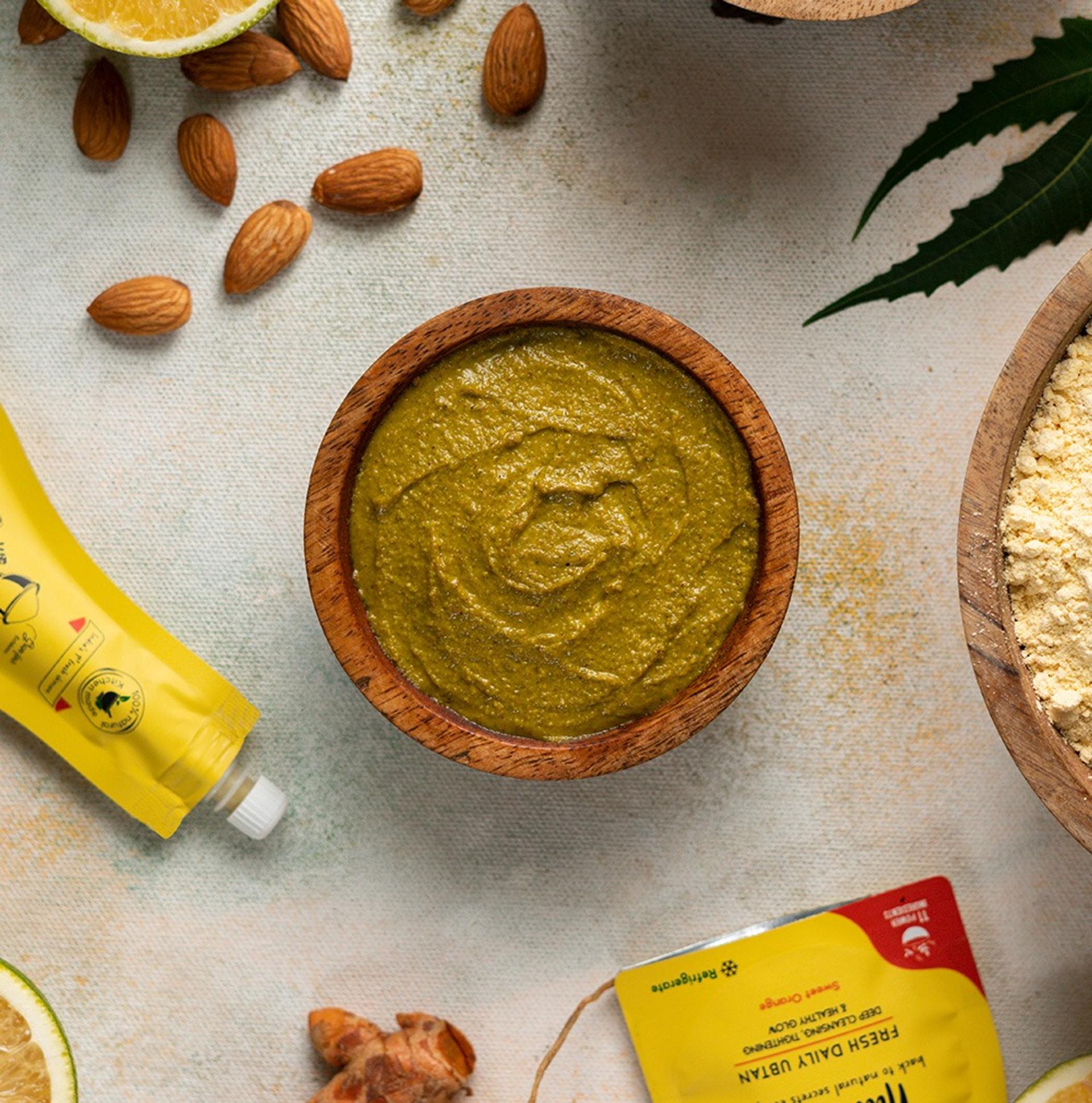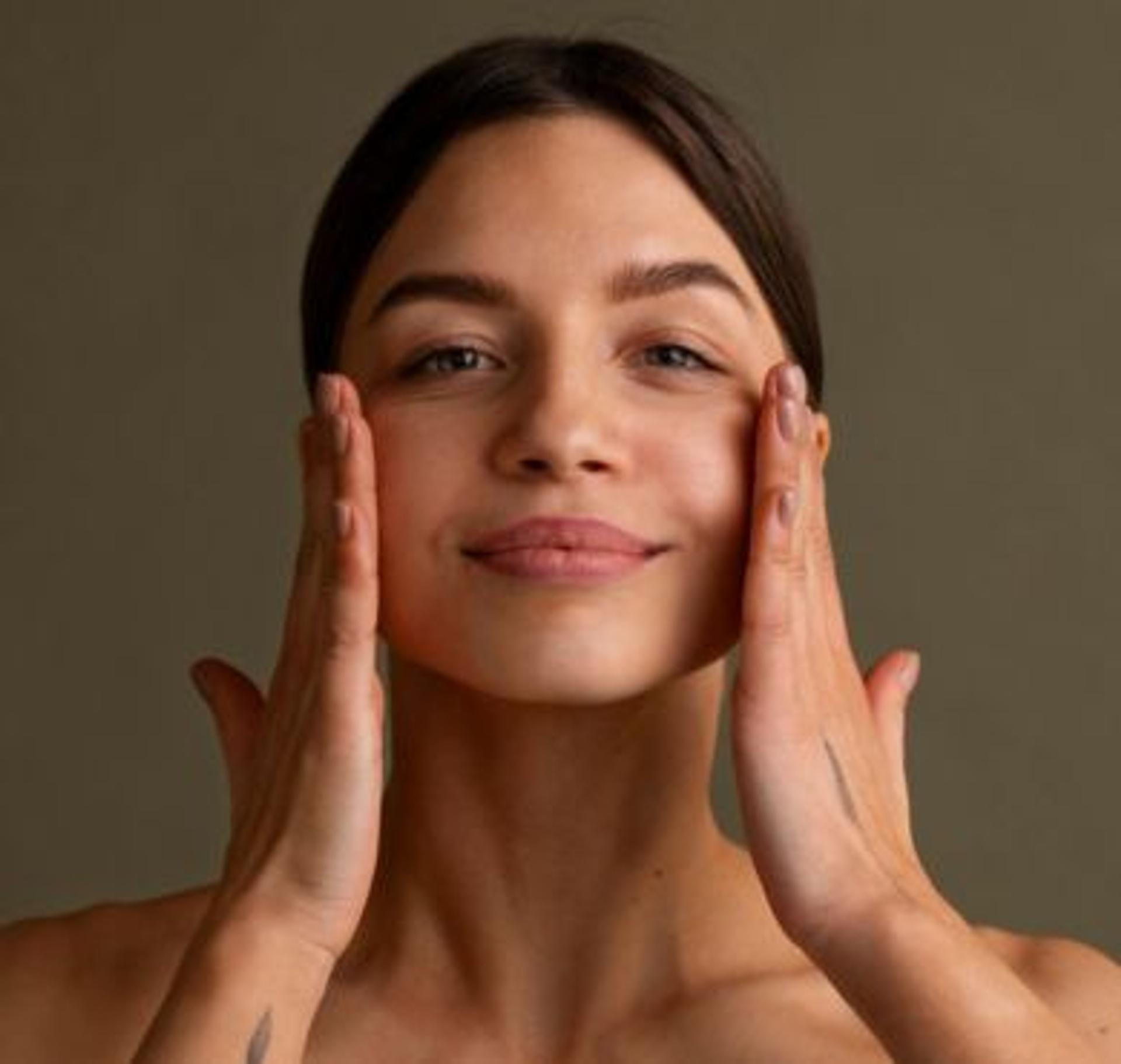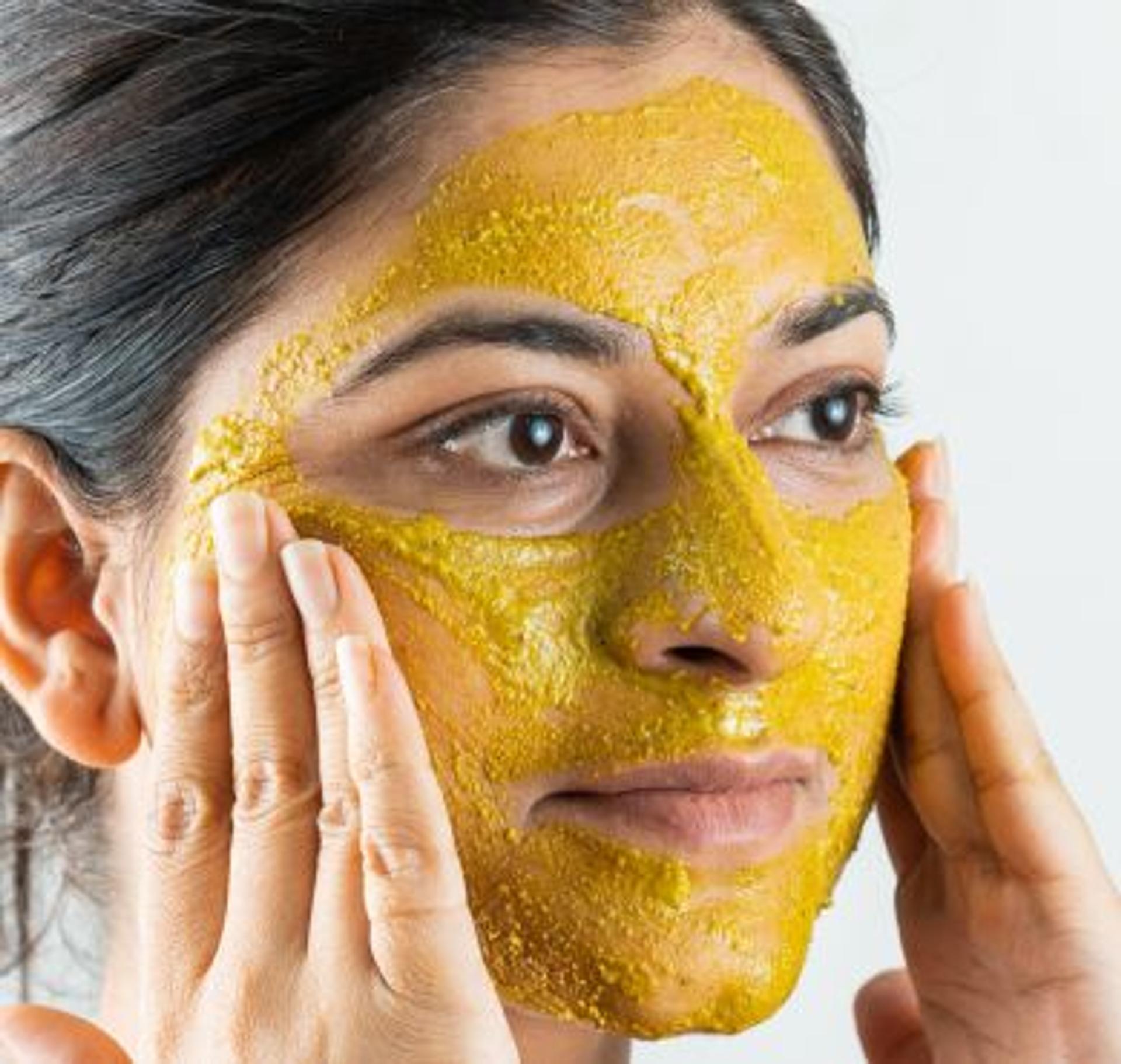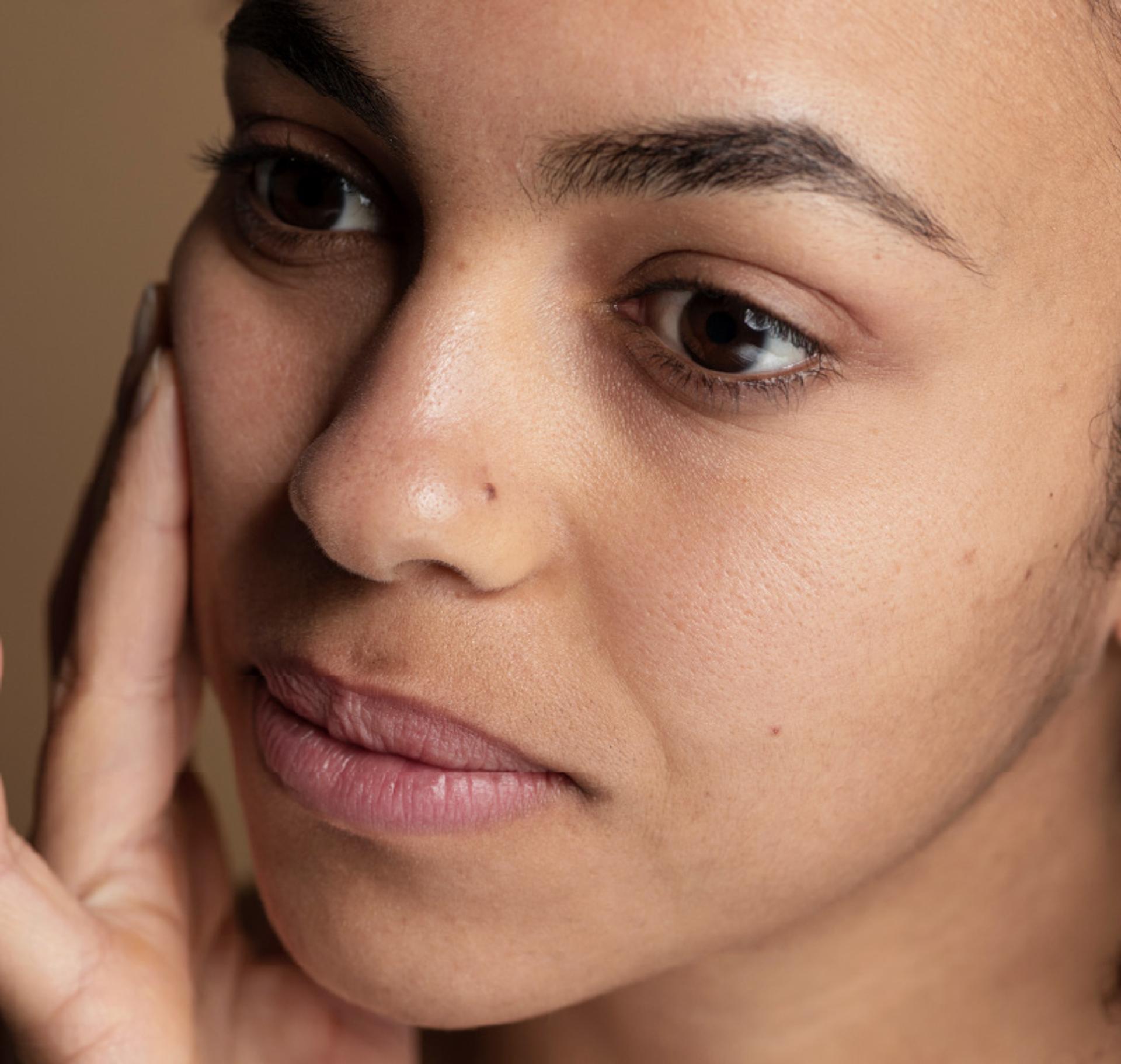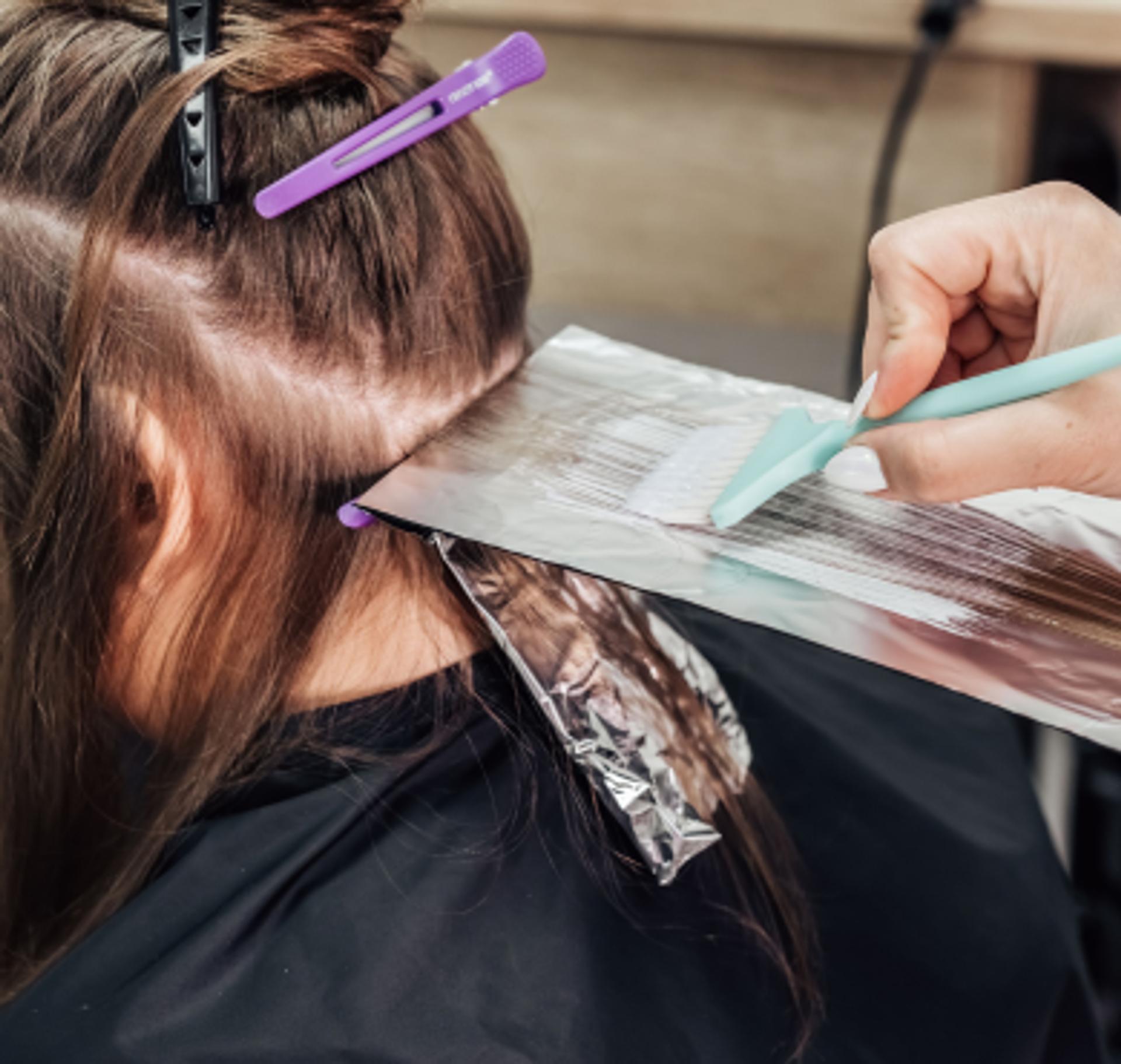
Henna vs Hair Dye
What’s Safer for Your Hair?
By Nat Habit
When transforming your hair color, the ongoing debate between henna, chemical hair dyes, and natural color substitutes is rooted in the balance between convenience, versatility, and long-term hair health. Each option comes with distinct advantages and limitations. Here’s a science-backed comparison to help you make an informed choice.
1. Chemical Hair Dyes
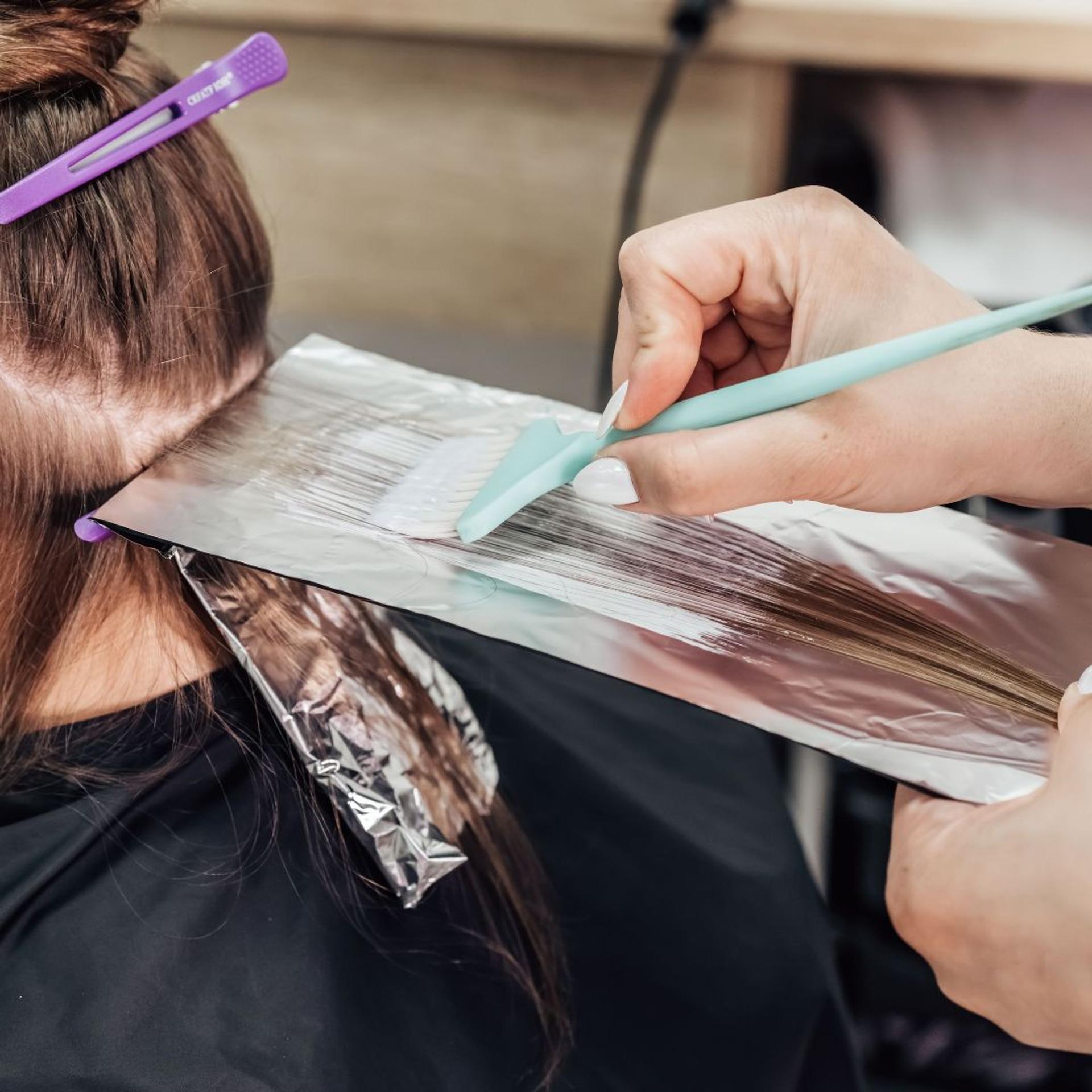
Pros
- Rapid Results: Chemical dyes are engineered for speed, delivering visible color transformations within minutes.
- Customizable Shades: From pastel tones to deep blues and rich blondes, synthetic dyes offer an extensive palette that caters to a wide variety of preferences.
Cons:
- Structural Damage: Chemical dyes operate via the alkaline “break-and-enter” method, raising the hair's pH using ammonia to swell the shaft and open the cuticle. This compromises the integrity of the hair structure, increasing porosity, brittleness, and susceptibility to breakage.
- Scalp Sensitivity & Hair Loss: The oxidative agents, like hydrogen peroxide, not only strip natural pigment (melanin) but also irritate the scalp and weaken follicular anchorage, potentially accelerating hair fall.
- Premature Greying: Over time, the bleaching effect of peroxide can oxidize melanocytes, depleting melanin reserves and accelerating the greying process.
2. Traditional Henna (Lawsonia inermis)
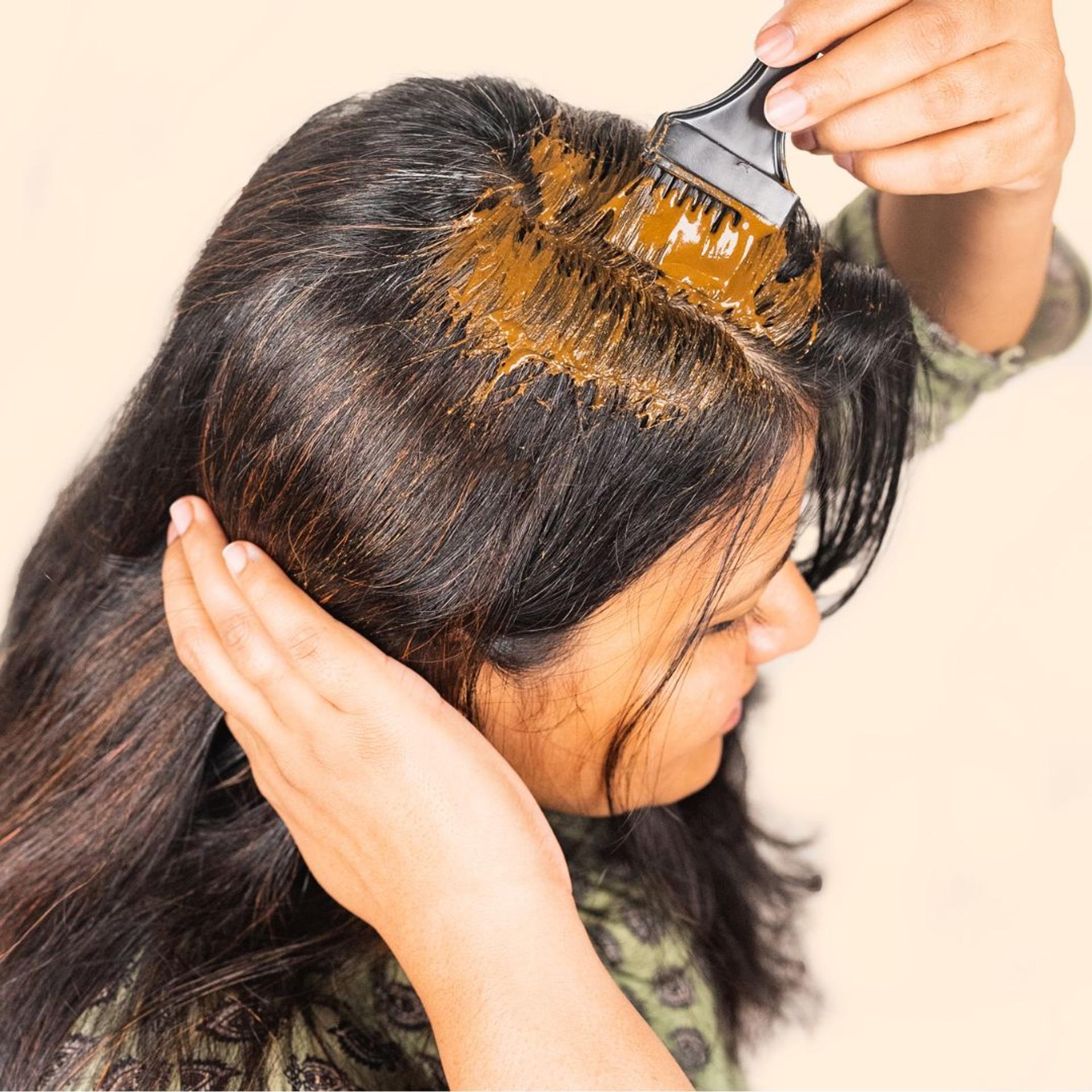
Pros
- Cuticle-Safe Colouring: Unlike chemical dyes, henna doesn’t alter the hair’s internal structure. Instead, lawsone molecules bind naturally with keratin, coating the strands without penetrating or damaging the cortex.
- Melanin Preservation: Rich in tannins, flavonoids, and natural antioxidants, henna combats oxidative stress and supports melanocyte function, helping slow the greying process.
- Natural Conditioning: Henna acts as a bioactive conditioner, sealing cuticles, repairing micro-damage, and enhancing moisture retention, leaving hair smoother and shinier.
- pH Balancing: Slightly acidic in nature, henna helps restore scalp pH, reducing microbial imbalance and creating an optimal environment for follicular health.
- Hair Growth Stimulation: The combination of phytonutrients and antimicrobial properties promotes better circulation and nourishes follicles, contributing to longer, stronger strands.
Cons:
- Limited Colour Spectrum: Henna typically imparts a reddish-brown tint, which may not sufficiently cover more than 70% grey hair. To achieve darker tones, it is often combined with natural indigo powder.
- Lack of Colour Variety: Individuals seeking vivid or pastel hues may find henna limiting in terms of artistic or fashion expression.
3. Natural Hair Colour Substitutes (e.g., Beetroot, Coffee, Turmeric)
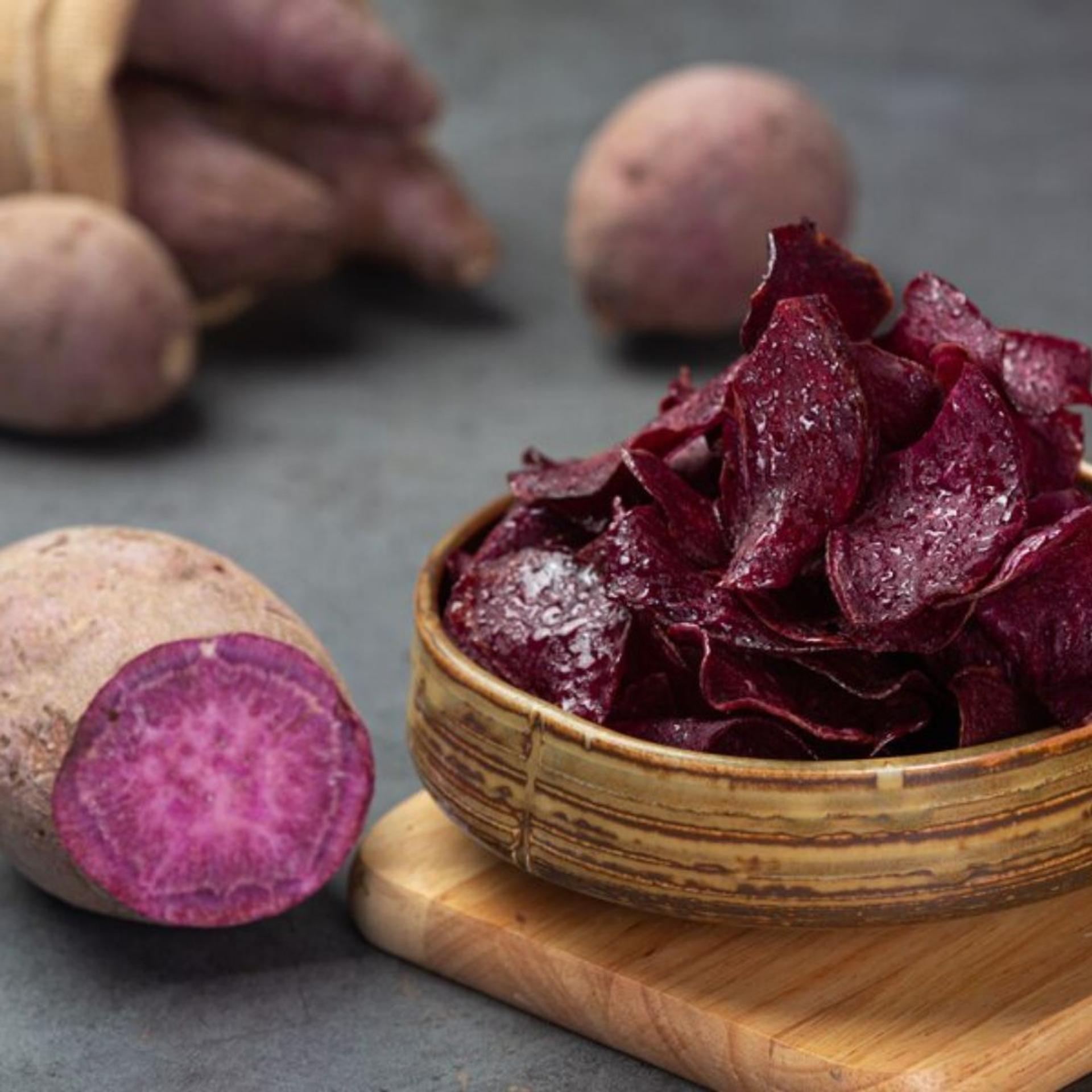
Pros:
- Non-Toxic & Gentle: Ingredients like beetroot (betalains), coffee (polyphenols), and turmeric (curcumin) offer pigment-rich, plant-based colour without disrupting scalp or hair physiology.
- No Chemical Load: These options are free from ammonia, peroxide, or artificial dyes, making them ideal for sensitive scalps or reactive skin types.
Cons:
- Short-Lived Results: Natural stains lack the molecular binding strength of henna or synthetic dyes and typically fade within 2–3 washes.
- Mild Color Payoff: These methods are better suited for subtle tonal shifts rather than dramatic color transformations.
Conclusion
Choosing the Safer Path
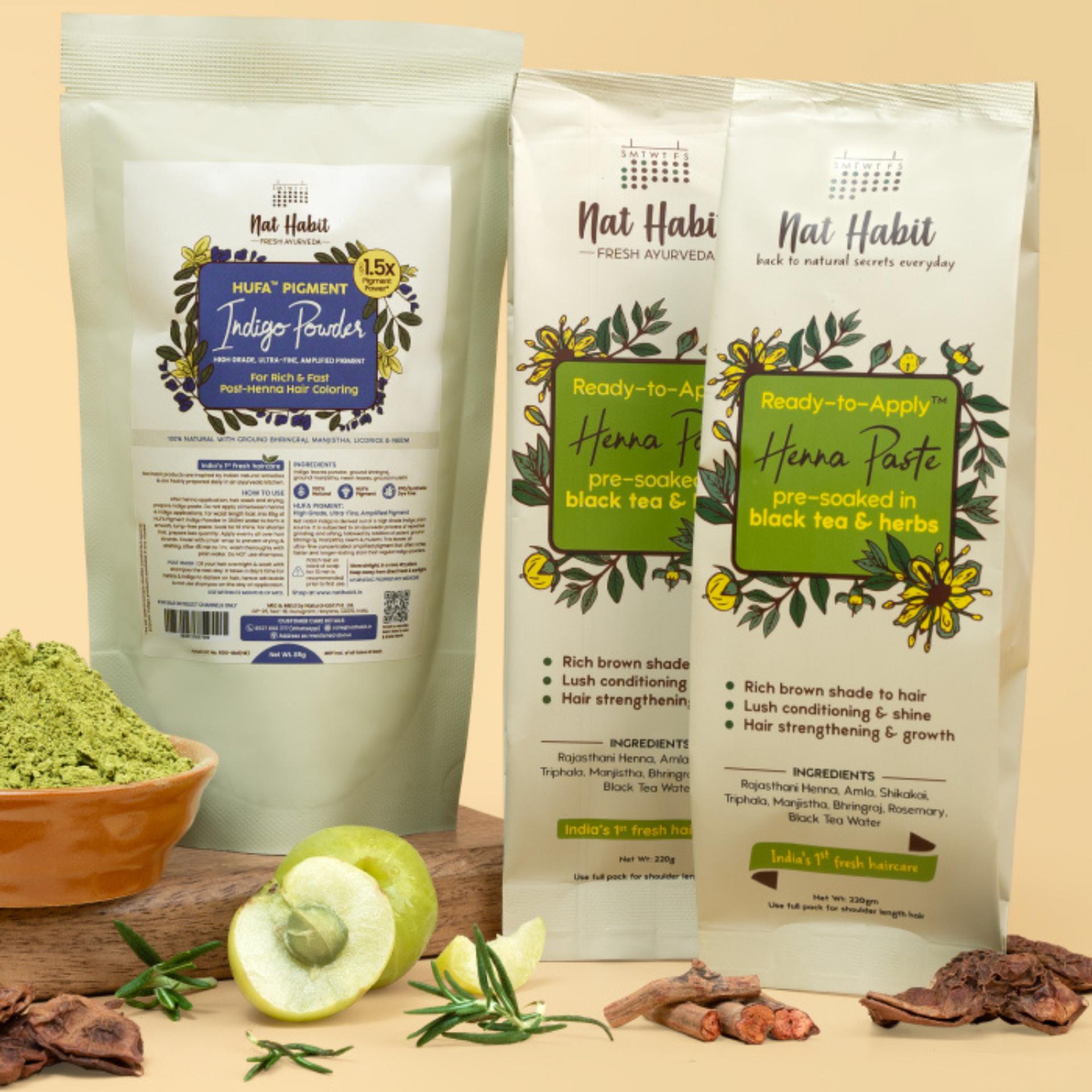
While chemical dyes deliver instant results and a wide color palette, they do so at the cost of long-term hair fiber integrity, melanin stability, and scalp health.
Henna, rooted in Ayurvedic tradition and supported by modern phytochemistry, offers a safer, restorative coloring experience that nourishes rather than strips. And while natural colorants may not last long, they offer harmless experimentation for those seeking gentler options.
For those prioritizing hair health and longevity, traditional henna emerges as the most holistic, science-backed choice—nurturing both color and care in a single step.
Also Read: Different Types of Henna
Buy our Ready-to-Apply Henna Paste and experience yourself the goodness of herbal henna for hair.
Watch how ready-to-apply fresh henna paste is prepared in our Ayurvedic Kitchen.
Learn more
